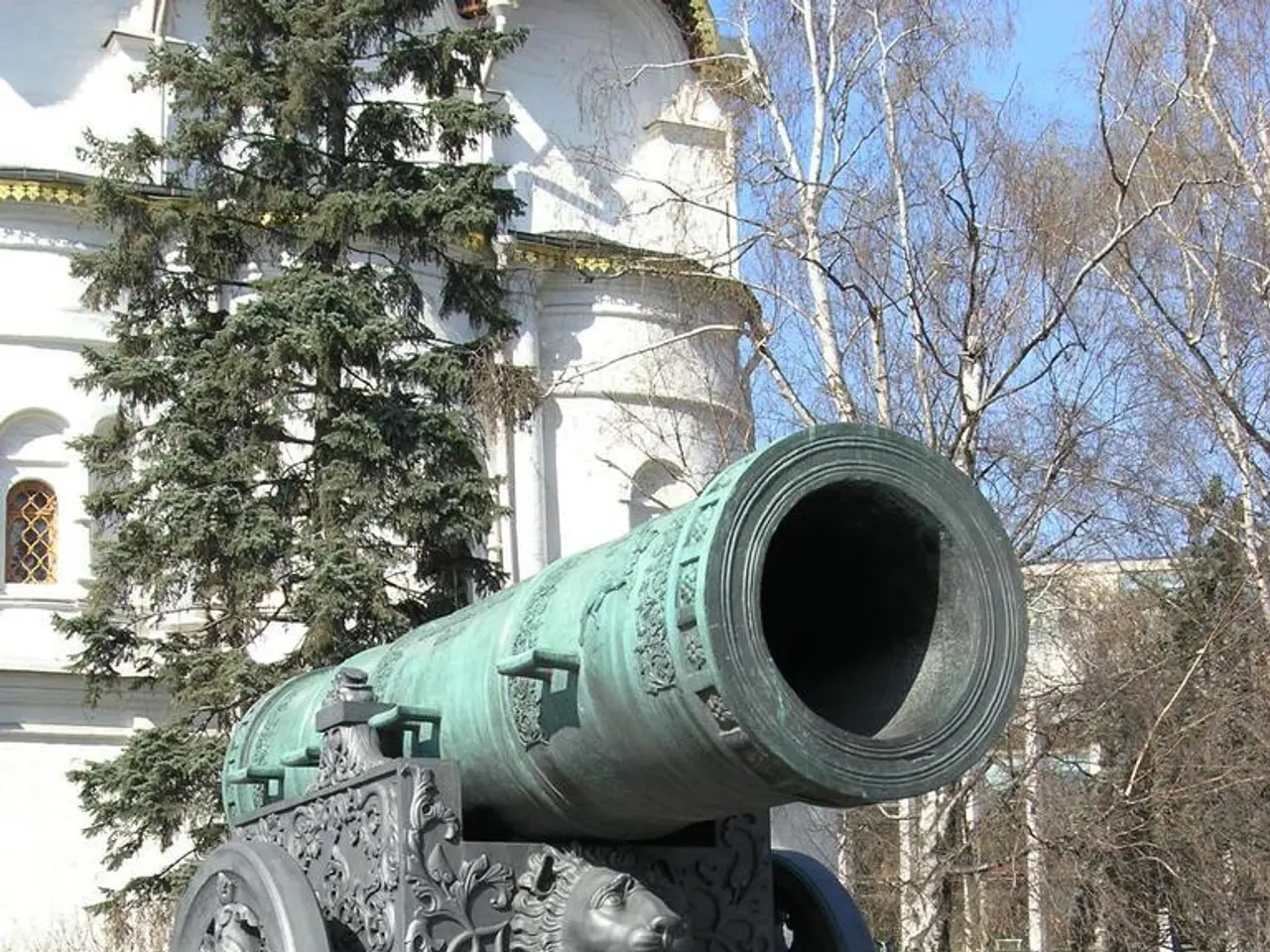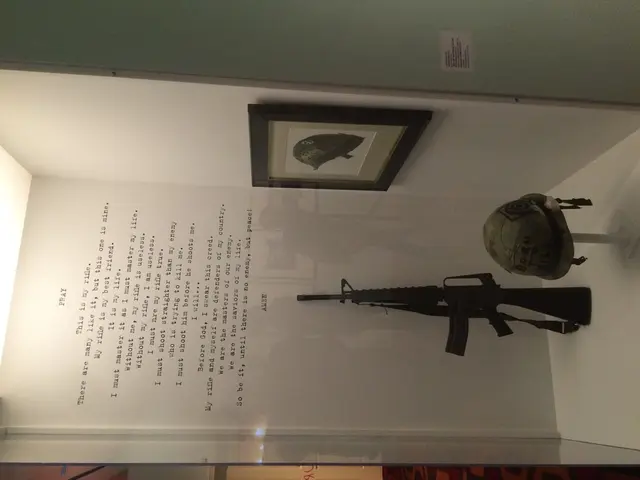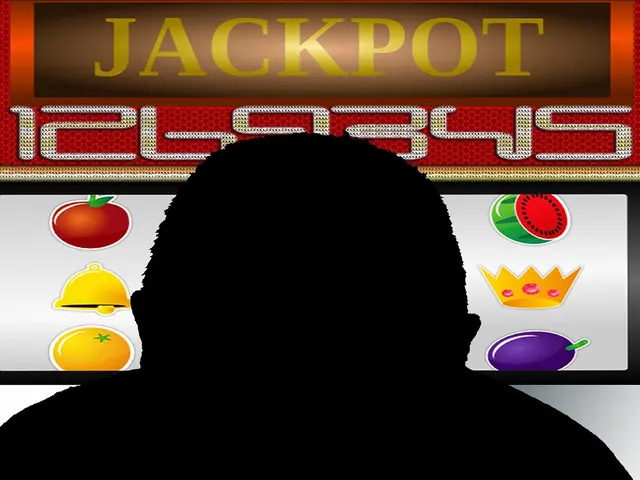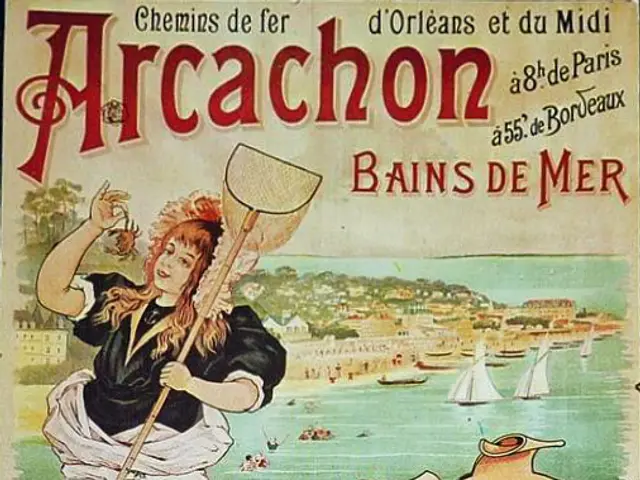Orthodox Church Transforms into a Tool for Hybrid Warfare in Moldova's Electoral Battles
The European Union (EU) is navigating a complex geopolitical landscape as it considers Moldova's request for accession negotiations. Hungary has blocked the official EU accession negotiations for both Moldova and Ukraine, leading to an unprecedented EU procedure to continue preparatory work despite Hungary's veto. Other EU governments show ambivalence, with some governments considering decisions without Hungary's consent, which is legally required for accession.
The current pro-EU Moldovan government has repeatedly asked the EU to decouple the accession negotiations from those with Ukraine in order to obtain a fast-track process. However, the EU is reluctant to do so, aiming to avoid sending negative signals to Kyiv. The EU Enlargement Commissioner, Marta Kos, has stated that Moldova has fulfilled all the criteria to start accession negotiations.
The Moldovan government and the EU have denounced a Russian disruption campaign ahead of the 28 September elections in Moldova. Andrei Curararu, an analyst of the NGO WatchDog, stated that Russia's objective is to slow down or permanently halt Moldova's European accession and keep it within Moscow's orbit. Several ways in which Moscow is trying to influence the geopolitical orientation of Moldova have been identified by authorities.
One of the tactics employed by Russian hybrid warfare strategists is using the Russian Orthodox Church, which has a presence in Moldova. However, it's important to note that the Moldovan Church is an autonomous episcopal body under the Moscow Patriarchate ecclesial authority, and not the Russian Orthodox Church. There have been instances where priests were involved in political propaganda activities, but this is not a new fact.
The involvement of the church in the election campaign is contrary to the law, and the electoral authority has called on representatives of religious denominations to refrain from political activities. Daniel Voda, a spokesperson of the Moldovan government, stated that there are 10 major areas in which Russia is acting and attempting to destabilise Moldova.
Moldova's President Maia Sandu will speak in the EU Parliament in Strasbourg on 9 September to persuade member states to start accession negotiations. The EU Council president António Costa has agreed that "pre-accession negotiations" with Moldova will open after the forthcoming elections. As the EU continues to engage with Moldova, it will need the political support of its member states for Moldova's accession negotiations to proceed.
The EU has warned that Moldova has once again become a primary target of Russian disinformation campaigns. As the EU navigates this complex geopolitical landscape, it will need to balance its commitment to democratic values with its strategic interests in the region.
Read also:
- Peptide YY (PYY): Exploring its Role in Appetite Suppression, Intestinal Health, and Cognitive Links
- Easing Pedestrian Traffic Signal Pressure
- Astral Lore and Celestial Arrangements: Defining Terms & In-Depth Insights - Historical Accounts & Glossary of Cosmic Mythology
- ICE directed to enhance detention conditions following NYC immigrants' allegations of maltreatment








